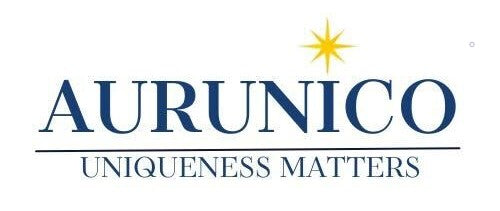There are currently around 7,000 languages in the world, more than half of which will disappear by the end of this century. What does this mean?
Language is the foundation of our identity and the way we perceive the world. As the German proverb says: "Wie viele Sprachen du kennst, so oft bist du Mensch" – "The more languages you know, the more times you are a human."
Language reflects the culture in which we live. For example, Polynesian languages have dozens of words for wind, highlighting how crucial the elements are to this island culture. Another fascinating example is the classical Mongolian language, which was designed to be written while riding a horse across the steppe.
Every two weeks, one language dies! This means that with it dies a culture, an ethnos, a nation, memories, desires, and the entire wealth it carried.
As Samuel Johnson said: "I am always sorry when any language is lost, because languages are the pedigrees of nations."
The phenomenon of language extinction is particularly evident in migrant communities, where the environment is not conducive to maintaining the native language.
Of course, this trend can be reversed. A good example is Hebrew, which was revived, and Welsh, one of the few Celtic languages still widely used. Another excellent example is Manx, which, after being declared a dead language, was revived by a group of activists.
The task is much more difficult for tribal languages (e.g., in the Amazon or Tasmania) or languages whose use is associated with persecution (e.g., Tibetan). There are also languages that are losing significance for economic reasons.
At Aurunico, the fight to preserve local languages is a priority. We believe that by doing so, we can maintain the identity, culture, and traditions of even the smallest ethnic groups.
We want to take you into a world of dreams, desires, and lost cultures – a world often hidden behind the glare of modernity. I believe that through the efforts of Aurunico, we will be able to preserve and even enhance the diversity of the world around us.
